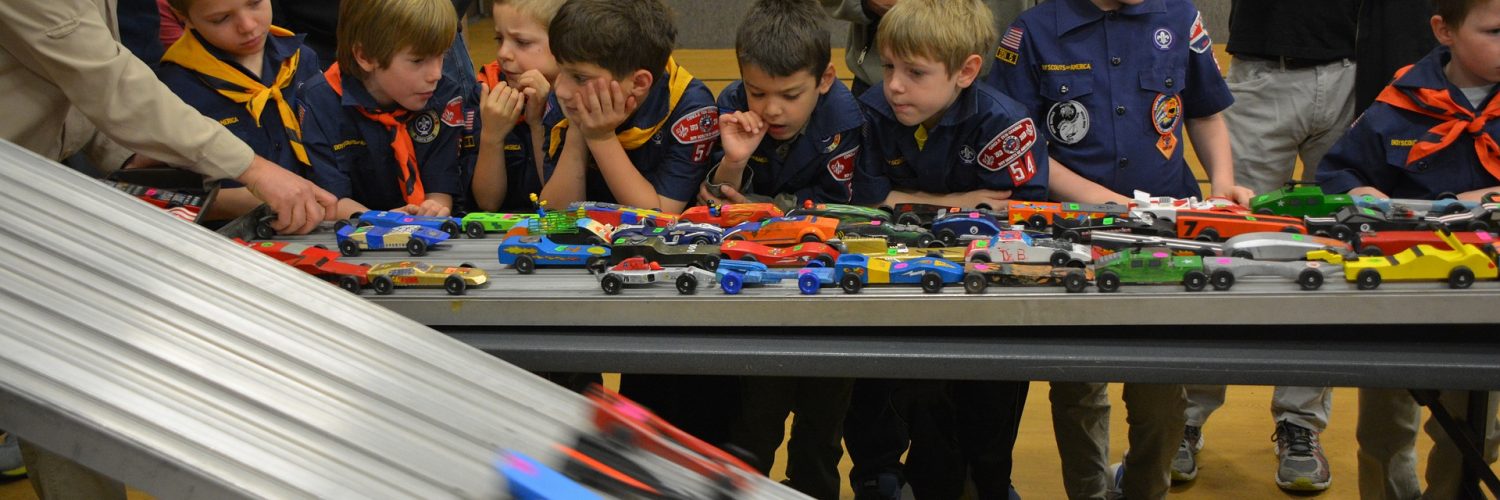Senate Bill 1099 would allow youth leadership groups to engage more with public school students if passed. So far it has received bipartisan support in the Senate.
S.B. 1099 aims to allow patriotic youth-serving groups as listed in Title 36 of the U.S. Code to engage with Arizona public schools and their students. This list includes leadership organizations such as the Boy Scouts of America, Girl Scouts of America, Future Farmers of America, and Boys & Girls Clubs.
“We know there are a lot of really wonderful things children get out of participating in these types of organizations,” said Susan Panganiban O’Malley, Girls Scouts Arizona Cactus Pine Council advocacy committee chair. “They develop self-esteem, confidence, leadership skills, they become more civically engaged, they tend to do better in school.”
“It allows schools and school systems to support organizations that have a track record of successfully producing citizens of character. And, it gives the school systems cover so that they can work with those organizations without allowing other organizations that don’t have such a track record in,” Andy Price, Boy Scouts of America Scout executive of the Grand Canyon Council in Phoenix said.
Panganiban O’Malley explained that the bill, which passed through the Senate, has received “tremendous bipartisan support.” It is currently awaiting a hearing in the House Rules Committee before it can move on to a full vote by the House.
The bill “allows principals to give permission to representatives of those patriotic youth-serving organizations up to ten minutes during the day, during regular school hours if requested,” Panganiban O’Malley explained.
A representative of the group must submit the request within the first two weeks of the school year.
“They’ve got to get their requests in the first two weeks and then the principal can look at the calendar and figure out when that makes sense,” Panganiban O’Malley explained.
S.B. 1099 also asks that the school distribute youth group material directly to the students.
“If kids don’t even know these organizations exist, they’re not going to be able to participate. We want to get the information into the backpacks of the kids themselves so that they can actually see the information and learn about it,” Panganiban O’Malley said.
The third provision of the bill requires schools that welcome other groups to use facilities to allow the patriotic youth-serving groups to use them, too.
“We get equal access so if you’re letting other groups in, we get to come in and have access to facilities. It doesn’t say it has to be for free,” Panganiban O’Malley said.“So, if you charge the karate club down the street to use your facilities, then you can charge us. It’s equal.”
The clubs not only allow students to engage with the community and their peers, they prepare them for their future endeavors.
State Representative David Cook explained that Future Farmers of America provides children and youth with a variety of skills.
“It does so much more than just livestock,” Cook said. “The Future Farmers of America they do everything from welding to speech. They help you manage money- when you do those programs such as livestock, you have to keep track of your books, you have to turn in reports. It rounds people out and gives them access and tools to be successful.”
Supporters say allowing the groups to have a presence at the school will introduce more students to the benefits they can provide.
“Often in today’s society we have many single parent family homes, and that parent doesn’t know because they weren’t a Scout,” Price said. “So, this provides the opportunity for us directly to talk to these kids, take just a moment out of the school day, give them some literature- that’s a life-changing experience. Without Senate Bill 1099, they won’t have that opportunity.”
56 percent of children who live in a community of concentrated poverty and who are not in an afterschool program would be in one if it were available to them, according to the Afterschool Alliance.
“When you block these organizations from the school I think it further increases that disparity of opportunity. So, the kids that were always going to be involved are still going to be involved,” Panganiban O’Malley said. “But, the kids that don’t know anything about it and their parents don’t know anything about it and the only way to reach them is through school, they’re not being touched. They don’t have those opportunities.”
S.B. 1099 aims to provide children with access to engaging programs, and it is also geared to serve educators and public school administrators.
“When they’re getting overwhelmed with all of these requests, we wanted to back them up and give them a way to say, ‘We’re going to say yes to a limited number,’” Panganiban O’Malley said.
She explained that principals become overwhelmed with clubs and organizations continuously reaching out and making requests and it has blocked patriotic youth-serving clubs from gaining access to the schools.
If passed, S.B. 1099 is set to alleviate that issue.
“I think it’s important to better serve more children in Arizona. I think it helps educators and administrators and helps us reach and serve more children in Arizona,” Panganiban O’Malley said.
















Add comment